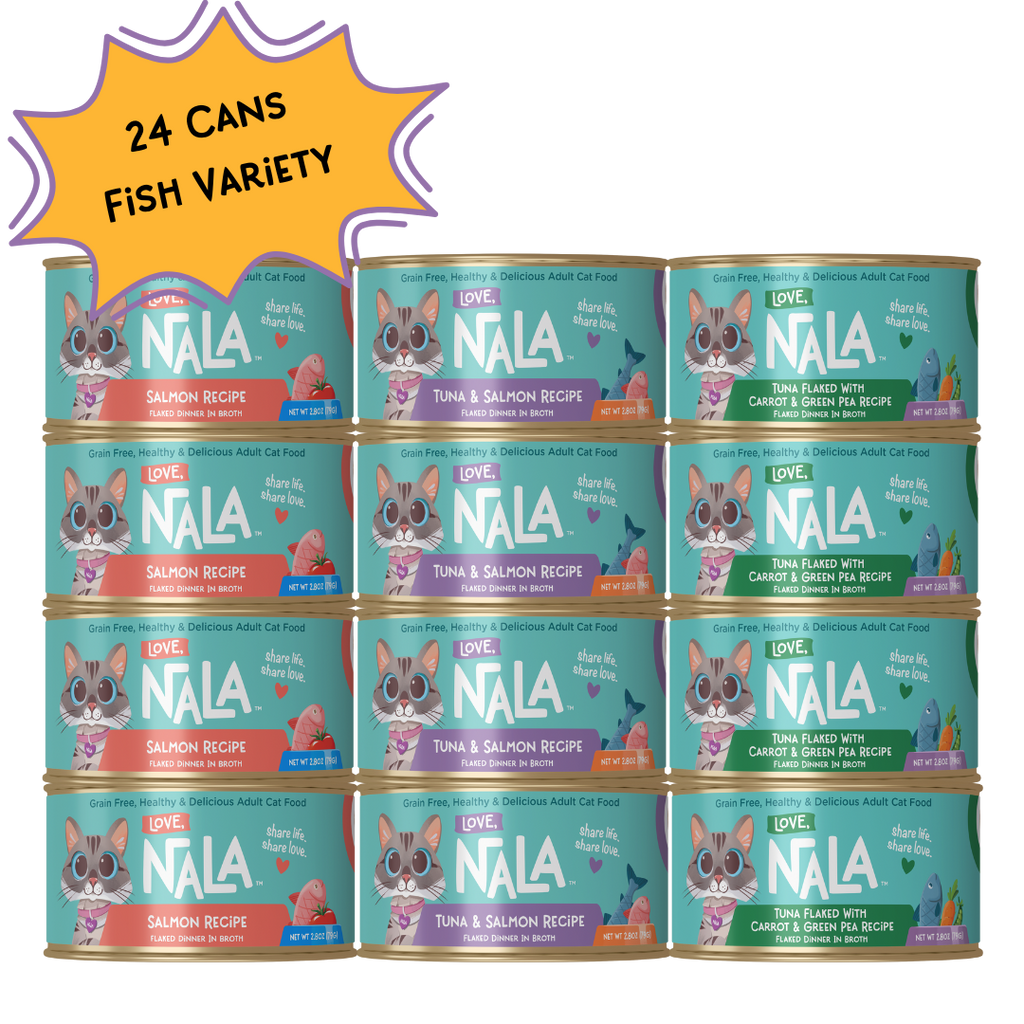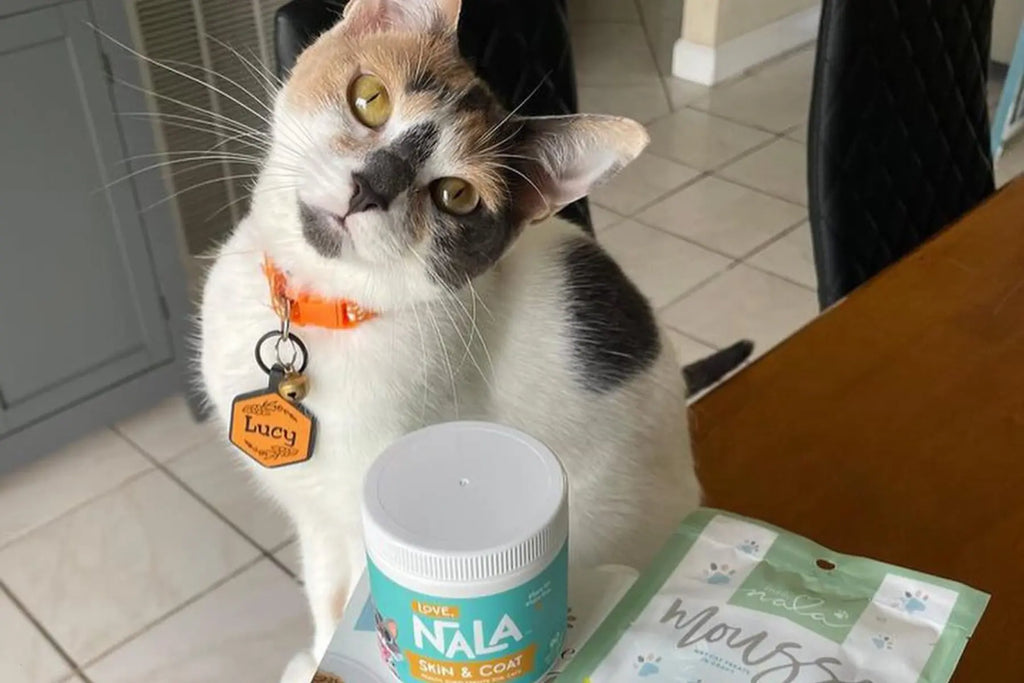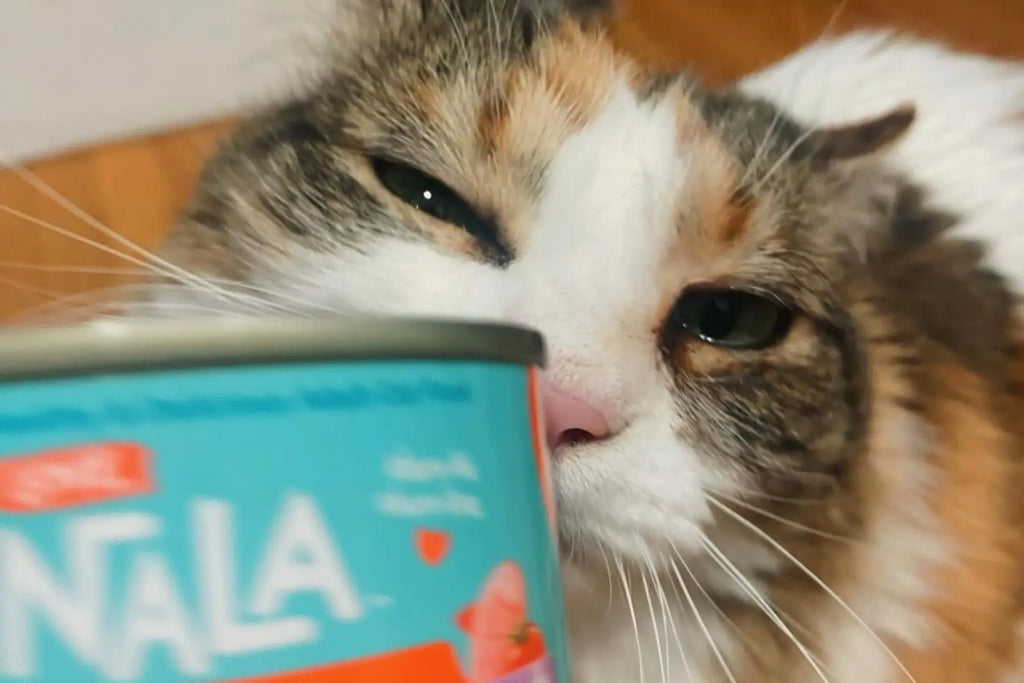Cats, like us humans, need a balanced diet to maintain good health. The food they eat plays a critical role in their overall well-being and longevity. While the market is full of the healthiest wet cat food or best cat food for indoor cats, one particular ingredient deserves a special mention – pumpkin. Known for its wide array of nutrients, pumpkins can significantly contribute to the health of our feline friends.
The Nutritional Value of Pumpkin
Understanding the nutritional value of pumpkin is crucial before integrating it into your cat's diet. This fall favorite is much more than a Halloween decoration or pie filling; it is packed with beneficial vitamins and minerals. Pumpkin is high in Vitamin A, essential for a cat's vision, and Vitamin C, known to boost the immune system. It also has a high water content, which is beneficial for your cat's urinary health, and a significant amount of dietary fiber, which aids digestion. So, when you think of cat food for urinary health, pumpkin should be one of the top items on your list.
Health Benefits of Pumpkin for Cats
Pumpkin, beyond being a delicious ingredient in seasonal recipes, offers several health benefits for cats. From improved digestion to weight management and a boosted immune system, incorporating pumpkin into your feline friend's diet can have positive effects on their overall well-being. Here are some key benefits of pumpkin for cats:

Improved Digestion
One of the primary advantages of pumpkin for cats lies in improving their digestion. The dietary fiber found in pumpkins can be quite helpful for cats suffering from digestive issues. For instance, if your pet struggles with constipation, canned pumpkin for cats can offer a natural solution, providing the necessary bulk to their stool. On the flip side, if your feline friend deals with diarrhea, the same fiber helps absorb excess water in the gut, thus firming up their stools.
Weight Management
Aside from aiding digestion, pumpkin is excellent for weight management in cats. For those searching for the best wet cat food for weight loss, pumpkin could be a simple addition to help control your pet's weight. It has a low caloric value but provides a feeling of fullness due to its high fiber content. Thus, incorporating pumpkins can help overweight cats lose weight without feeling hungry all the time.
Boosting the Immune System
Pumpkin is not just about improving digestion and managing weight; it also contributes to boosting your cat's immune system. The vitamins and antioxidants present in pumpkin are natural immune boosters. A robust immune system can fend off various diseases, making pumpkin an excellent choice for a healthy wet cat food component.
Furthermore, pumpkin is a rich source of essential vitamins and minerals such as vitamin A, vitamin C, and potassium. These nutrients play a vital role in supporting your cat's overall health and vitality. Vitamin A is essential for maintaining healthy skin, coat, and eyesight, while vitamin C acts as an antioxidant, protecting cells from damage. Potassium helps regulate blood pressure and supports proper heart function.
Practical Tips for Incorporating Pumpkin into a Cat's Diet
As mentioned above, incorporating pumpkin into your cat's diet can provide numerous health benefits. By following these practical tips, you can safely introduce pumpkin and make it a regular part of your cat's nutrition.
When to Give Pumpkin to Your Cat
Now that we understand the benefits of cat food pumpkin, the question arises – when should you give pumpkin to your cat? While there is no fixed rule, integrating pumpkin into their regular diet, perhaps by mixing a tablespoon with their usual cat food, can ensure they reap the benefits consistently.
Amount to Give
Determining the appropriate amount of pumpkin to give can depend on your cat's size and health status. Typically, a teaspoon or two mixed into their food is sufficient. But remember, moderation is key. Overfeeding pumpkins could lead to nutritional imbalances and negate the health benefits. Start with small amounts and observe how your cat responds. If they tolerate it well and show positive changes, you can gradually increase the quantity.
Safe Ways to Prepare and Serve Pumpkin
Preparing and serving pumpkin in a safe manner is vital to make sure your feline friend enjoys this nutritious addition. Always opt for pure canned pumpkins for cats or freshly cooked, unsweetened pumpkins. Remember, pumpkin pie filling or pumpkin with additives can be harmful to your cat. Here are some safe ways to prepare and serve pumpkin:
- Choose organic canned pumpkin or cook and mash the fresh pumpkin.
- Avoid pumpkin with added spices, sugars, or sweeteners.
- Mash the pumpkin thoroughly to ensure it mixes well with your cat's food.
- You can serve it raw, cooked, or even freeze it in small portions for convenience.
Remember to start with small amounts, choose the right type of pumpkin, and monitor your cat's response. With proper care, pumpkin can be a delicious and nutritious addition to your cat's diet.
The Importance of Keeping Up with Feline Nutritional Research
The world of pet nutrition is always evolving, with new research providing us with better insights into what constitutes the healthiest dry cat food or the best wet cat food for urinary health. Therefore, it's essential to keep abreast of the latest findings in feline nutrition. Your veterinarian should be your primary source of advice in this area, as they can provide personalized recommendations tailored to your cat's needs. There are several key factors to consider when selecting the right cat food for your furry friend:
- Age and Life Stage - Kittens have different nutritional requirements than adult cats and senior cats may have specific dietary needs. Ensure you choose a formula appropriate for your cat's life stage.
- Protein Content - Cats are obligate carnivores, which means they require a diet high in animal-based protein. Look for cat foods that list high-quality sources of protein, such as chicken, fish, or turkey, as the primary ingredients.
- Ingredient Quality - Read the ingredient list carefully. Avoid foods that contain fillers, artificial preservatives, and excessive amounts of carbohydrates.
- Special Dietary Needs - If your cat has specific health concerns like urinary issues or allergies, consult your vet for specialized formulas that can address these conditions.
- Moisture Content - Cats have a low thirst drive, so providing wet cat food or adding moisture to their diet can help prevent dehydration and support urinary tract health.

Pumpkin has proved to be more than just a festive decor or a pie filling; it has significant benefits for your cat, from improving digestion to aiding weight management, and from boosting the immune system to promoting urinary health. While it should not replace a balanced diet, it makes for a great addition to your cat's regular food. So the next time you think of healthy cat treats or grain-free cat food, remember to consider adding a bit of pumpkin to your pet's diet. Remember to keep your cat's diet balanced and consult your vet for any specific dietary needs your cat might have. Happy feeding!




















